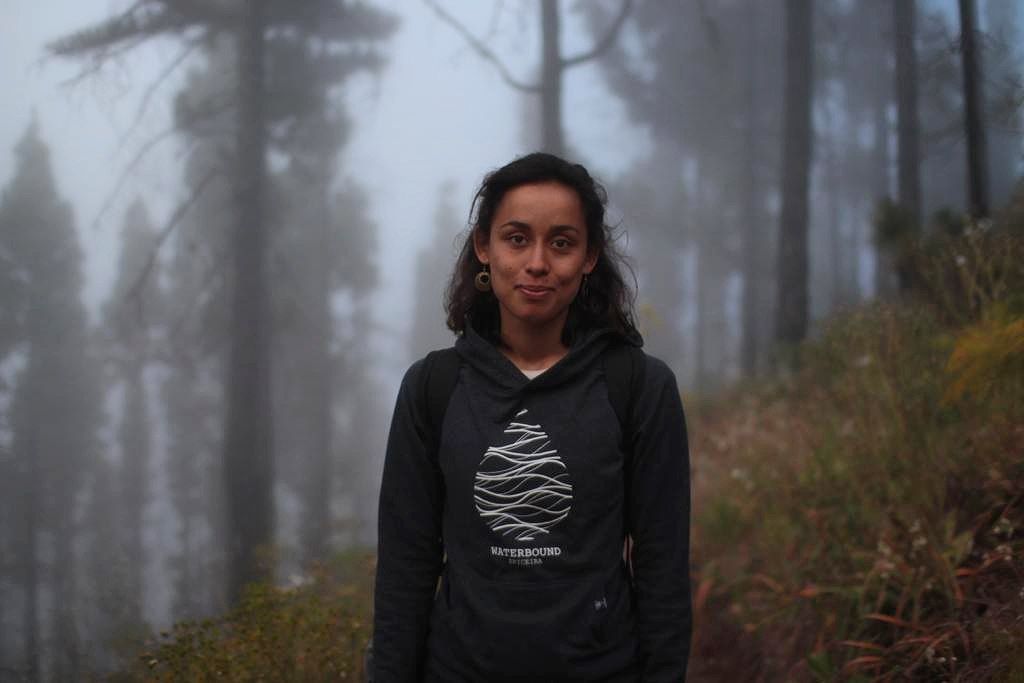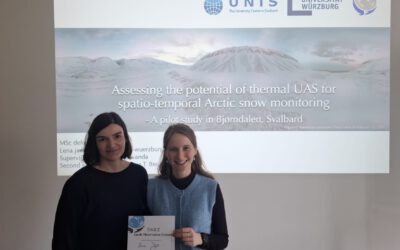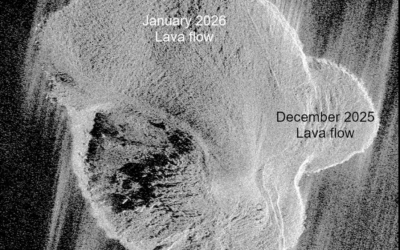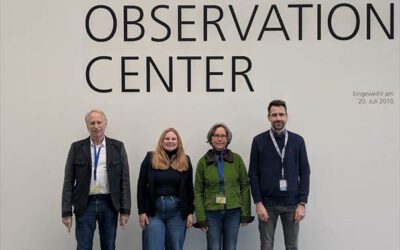We are happy to introduce our new PhD candidate Katrin Koch, who joined the EOR at the University Würzburg in November 2023.
Katrin holds a Master’s Degree in Environmental Planning, which she successfully completed at the Technical University Berlin in 2022. For the last years Katrin has worked as a researcher at the German Research Centre for Geosciences (GFZ) in the field of Earth Observation, particularly Copernicus and the EnMAP mission. Under the supervision of Prof. Dr. Tobias UIlmann she will start her doctoral thesis, which focuses on the assessment/ monitoring of Alpine Ecosystems using various remote sensing techniques, including hyperspectral UAV and satellite data. Her research will include the analysis of plant vitality and ecosystem alteration in the face of climate change, as well as address the topic of geohazards.









